
Our range of services
Talent search, skills development and training, and vetting and background check are our main services that we have, available just for you.
Explore ServicesFeatured Courses

Cloud Computing
A Cloud Administrator monitors, maintains, and troubleshoots networks of cloud platforms and computing resources thus ensuring the seamless delivery of all cloud services and maintains protocols to secure cloud environments against unauthorised access, threats, and other risks.
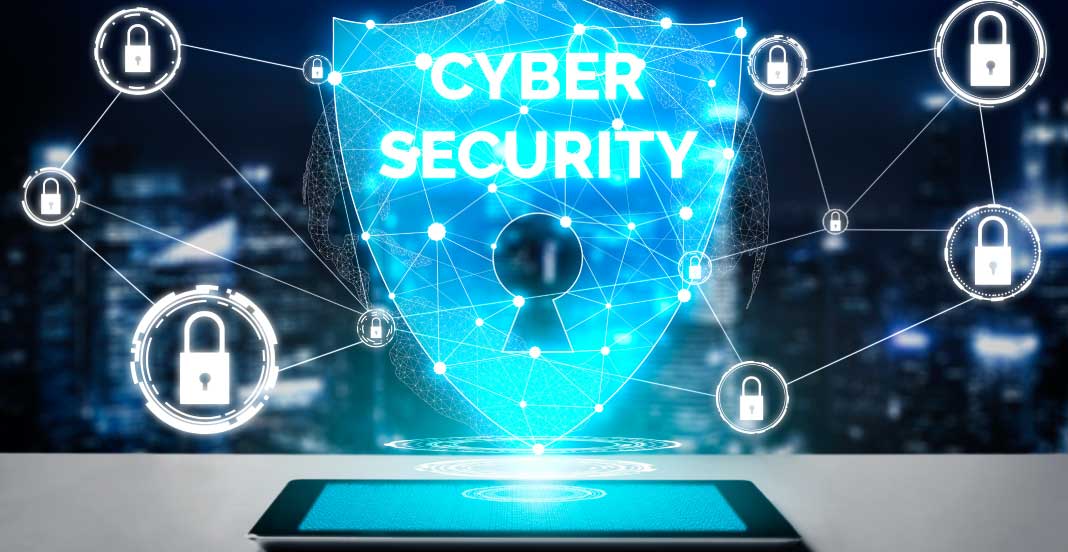
Cybersecurity Analyst
Cybersecurity Analysts apply the practice of protecting assets such as networks, computer systems and information assets from malicious attacks and threats. They assess and mitigate risks and potential intrusions and identify risks and vulnerabilities. They study existing techniques for managing security issues and maintaining the security of information and systems in the working environment, ensuring legal compliance.

End-User Computing
End User Computing offers students with a deep study of ICT concepts, modern productive use of the computer in a business and office environment; it covers MS Word, MS Excel, MS Access, Outlook and Power Point.

Systems Support
The systems support course will teach you how to maintain and troubleshoot computer systems, focusing on both hardware and software components. You will learn to manage and configure operating systems, ensure network connectivity, and implement security protocols to protect data. The course also covers virtualization, cloud computing, and server management, along with developing skills in automation and scripting to improve efficiency. You'll also gain problem-solving and customer service skills to support users effectively, preparing you for roles such as systems administrator or IT support specialist.

Technical Support
The technical support course will equip you with the skills to diagnose and resolve hardware and software issues, work with various operating systems like Windows, macOS, and Linux, and understand basic network connectivity. You'll learn customer service skills to effectively communicate with users, implement security measures to protect data, and use remote support tools for assistance. Additionally, the course covers documentation practices for maintaining accurate records of issues and solutions, preparing you for roles in IT support and help desk positions.
CompTIA Courses

CompTIA Tech+
- Install software
- Establish basic network connectivity
- Identify/prevent basic security risks
- Explain troubleshooting theory and preventative maintenance of devices
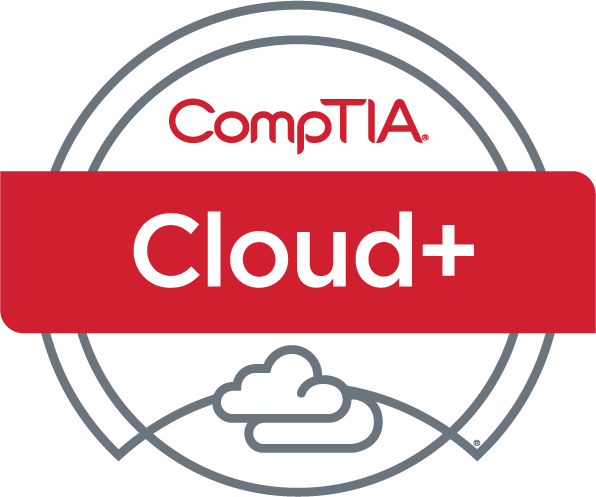
CompTIA Cloud+
- Understand cloud architecture and design
- Deploy cloud services and solutions
- Successfully maintain, secure, and optimize a cloud environment
- Troubleshoot common issues related to cloud management

CompTIA Network+
- Implement enterprise-level wired and wireless network solutions
- Identify and troubleshoot network performance issues
- Harden networks against threats to mitigate security vulnerabilities

CompTIA A+
- Install and configure end-user devices and software
- Connect devices to networks
- Perform basic cybersecurity mitigations
- Troubleshoot common problems to diagnose and resolve issues
- Demonstrate basic knowledge of scripting, the cloud, and virtualization
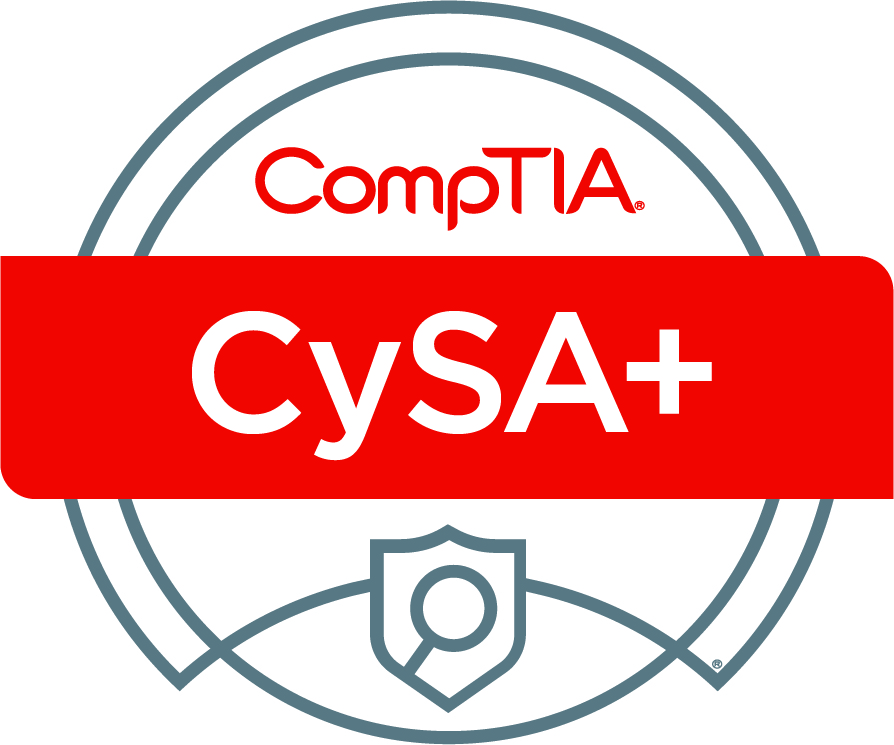
CompTIA CySA+
- Leverage intelligence and threat detection techniques
- Analyze and interpret data
- Identify and address vulnerabilities
- Suggest preventative measures
- Effectively respond to and recover from incidents
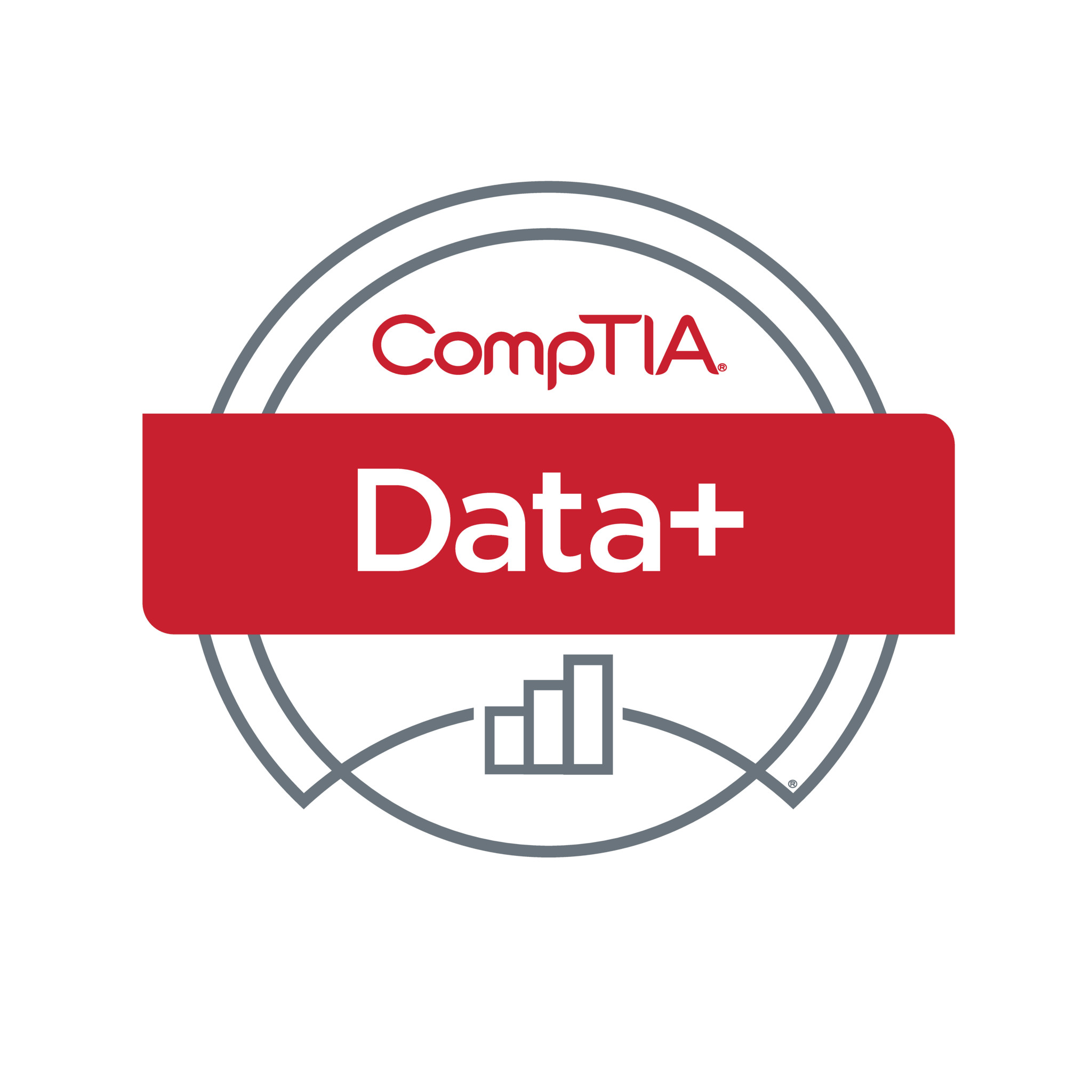
CompTIA Data+
- Mining data
- Manipulating data
- Visualizing and reporting data
- Applying basic statistical methods
- Analyzing complex datasets while adhering to governance and quality standards throughout the entire data life cycle

CompTIA Security+
- Assess the security posture of an enterprise environment and recommend and implement appropriate security solutions
- Monitor and secure hybrid environments, including cloud, mobile, Internet of Things (IoT), and operational technology
- Operate with an awareness of applicable regulations and policies, including principles of governance, risk, and compliance
- Identify, analyze, and respond to security events and incidents
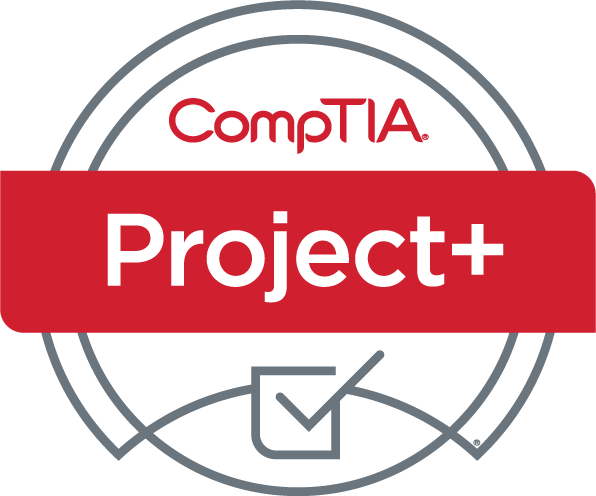
CompTIA Project+
- Summarize the properties of project, phases, schedules, roles and responsibilities, and cost controls, as well as identifying the basic aspects of Agile methodology
- Predict the impact of various constraint variables and influences through-out the project and explain the importance of risk strategies and activities
- Understand appropriate communication methods of influence and use change control processes within the context of a project
- Compare and contrast various project management tools and analyze project and partner-centric documentation
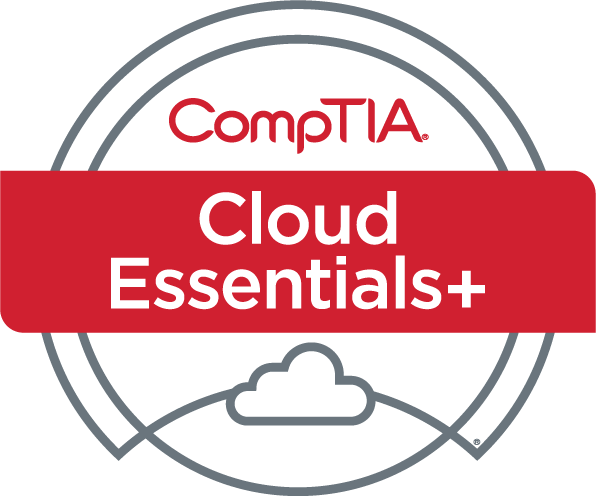
CompTIA Cloud Essentials+
- Explain cloud principles, identify cloud networking concepts and storage techniques, and understand cloud design aspects
- Comprehend the financial aspects of engaging a cloud provider, as well as the business aspects of managing vendor relations in cloud adoptions
- Explain aspects of operating within the cloud, such as data management, availability, and monitoring
- Understand how DevOps plays a role in cloud environments, such as with provisioning or API integration
- Understand risk management concepts related to cloud services and identify the importance and impacts of compliance in the cloud

CompTIA Linux+
- Configure and manage software, storage and process and services
- Understand best practices for permissions and authentication, firewalls, and file management
- Create simple shell scripts and execute basic BASH scripts, version control using Git, and orchestration processes
- Analyze system properties and processes and troubleshoot user, application and hardware issues

CompTIA Server+
- Install, configure, and manage server hardware and server operating systems
- Implement proper server hardening and security controls
- Successfully troubleshoot common server problems
- Demonstrate an understanding of key disaster recovery, high availability, and backup concepts

CompTIA PenTest+
- Plan and scope a penetration testing engagement
- Understand legal and compliance requirements
- Perform vulnerability scanning and penetration testing using appropriate tools and techniques, and then analyze the results
- Produce a written report containing proposed remediation techniques, effectively communicate results to the management team, and provide practical recommendations
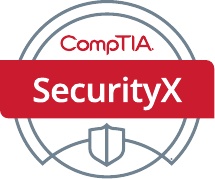
CompTIA SecurityX
- Architect, engineer, integrate, and implement secure solutions across complex environments to support a resilient enterprise
- Use monitoring, detection, incident response, automation to proactively support ongoing security operations in an enterprise environment
- Apply security practices to cloud, on-premises, endpoint, and mobile infrastructure, while considering cryptographic technologies and techniques
- Consider the impact of governance, risk, and compliance requirements throughout the enterprise
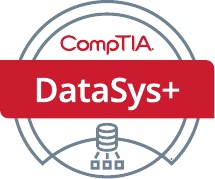
CompTIA DataSys+
- Compare and contrast database structure types
- Explain database implementation, testing, and deployment phases
- Explain the purpose of monitoring and reporting for database management and performance
- Explain data security concepts as well as the purpose of governance and regulatory compliance
- Explain the importance of disaster recovery and restore best practices and processes
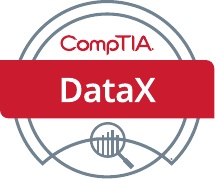
CompTIA DataX
- Understand and implement data science operations and processes
- Apply mathematical and statistical methods appropriately and understand the importance of data processing and cleaning, statistical modeling, linear algebra and calculus concepts
- Apply machine-learning models and understand deep-learning concepts
- Utilize appropriate analysis and modeling methods and make justified model recommendations
- Demonstrate understanding of industry trends and specialized data science applications



